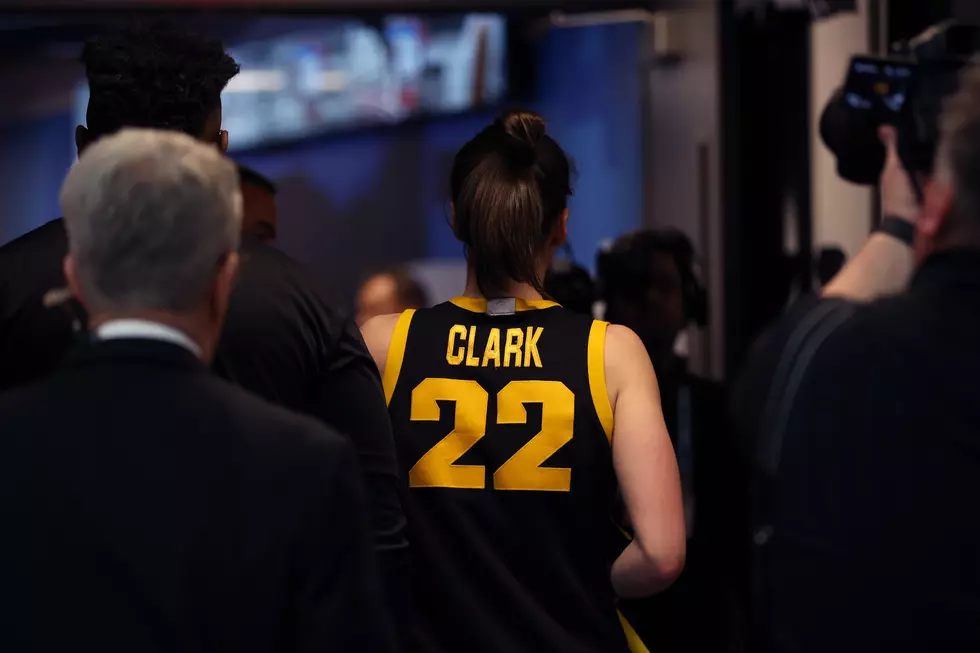
Tennessee Theatre Pulls ‘Gone With the Wind’ After Audience Backlash
How can we use classic films to teach history? It’s a more difficult question than one might think. On the one hand, early Hollywood classics are full of racist stereotypes that can be difficult for many people to watch. On the other hand, these movies provide a valuable opportunity to view a bygone era through its cultural artifacts and see what narratives were being pushed on the general public through film. An individual film in-and-of itself may not contain much value, but as a point of data on a timeline? It can be an important window into how much things have (or haven’t) changed.
That was the issue faced this month during a summer film program that included Gone With the Wind. As noted in Deadline, Memphis’ historic Orpheum Theatre was set to screen Victor Fleming’s classic film before an internet backlash caused the theatre to pull the film from its summer program. In a statement issued by the Orpheum, the theatre’s management said it was out of respect for their audience’s wishes:
As an organization whose stated mission is to ‘entertain, educate and enlighten the communities it serves,’ the Orpheum cannot show a film that is insensitive to a large segment of its local population.
Any debates regarding Gone With the Wind will be very similar to the one recently had about The Birth of a Nation, D.W. Griffith’s landmark film that openly glorified the rise of the Klu Klux Klan in America. Griffith’s film celebrated its centennial back in 2015, leading many film scholars and historians to tackle the thorny issue of how the film can be used to teach both cinema and American history going forward. In an interview with NPR, for example, USC professor Todd Boyd explained his decision not to screen The Birth of a Nation in his film course, noting that it’s impossible to separate “the technological prowess from the political baggage.” Until we develop a one-size-fits-all approach to history, conversations like this will likely be the new normal.
More From 98.1 KHAK
![Caitlin Clark and Aliyah Boston Already Looking Great! [WATCH]](http://townsquare.media/site/675/files/2024/04/attachment-Fever1-e1714056891354.jpg?w=980&q=75)






![Caitlin Clark Reveals Where She Keeps All Her Trophies [WATCH]](http://townsquare.media/site/675/files/2024/04/attachment-clark3.jpg?w=980&q=75)


